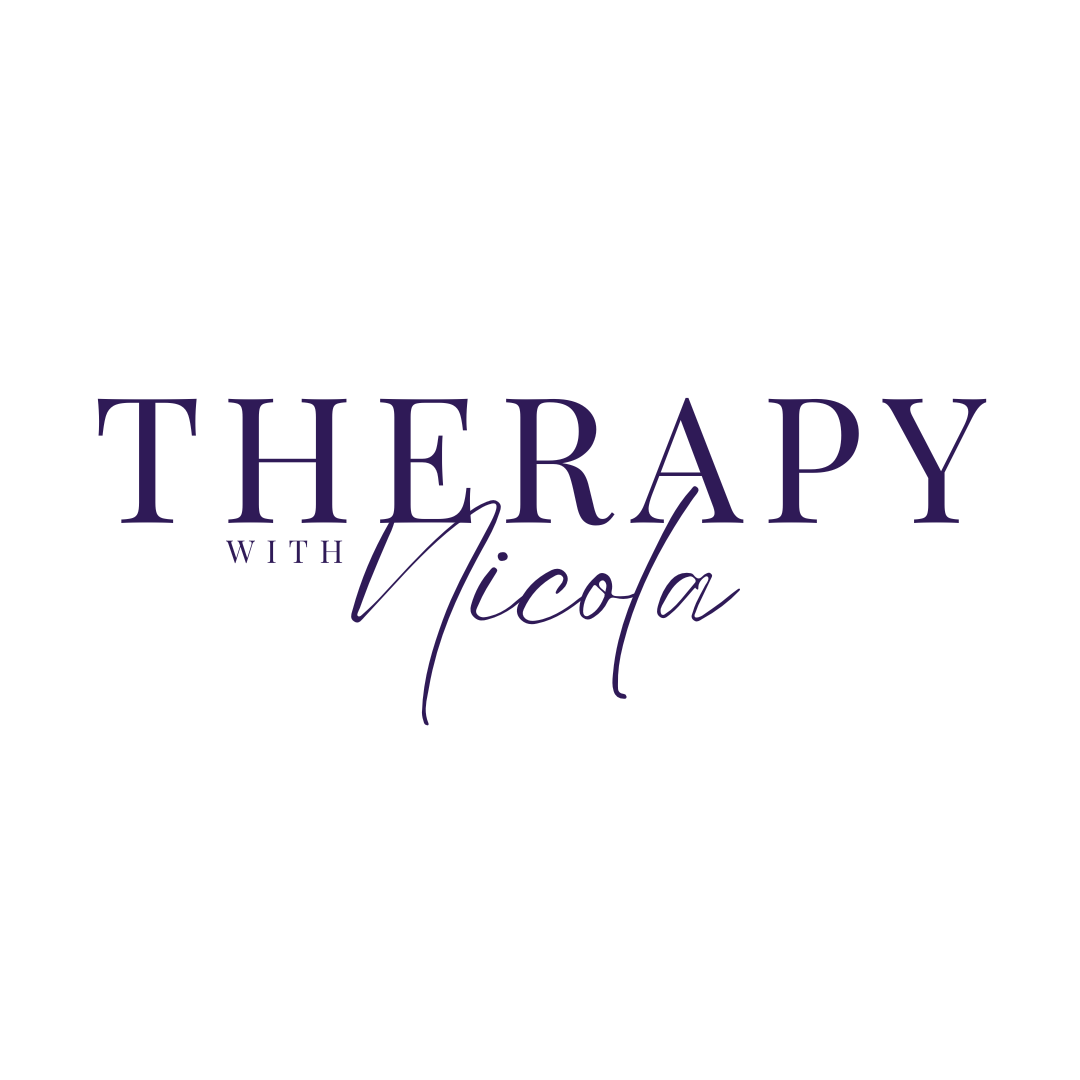Conquering Phobias: A High Functioning Anxiety Coach's Guide to Overcoming Fear
As a high functioning anxiety and burnout coach, I've witnessed firsthand the crippling effects that phobias can have on individuals' mental well-being. Whether it's the heart-pounding terror of heights or the paralyzing fear of public speaking, phobias can cast a shadow over every aspect of life. But fear not—pun intended! In this comprehensive guide, we'll delve into the world of phobias, exploring their origins, symptoms, and most importantly, strategies for overcoming them.
Understanding Phobias
Phobias are more than just fleeting fears; they're deep-seated, irrational dread that can trigger intense anxiety and avoidance behaviors. From the common (like claustrophobia and arachnophobia) to the obscure (such as nomophobia, the fear of being without a mobile phone), phobias come in all shapes and sizes, each with its own unique set of triggers.
Symptoms of Phobias
Recognizing the signs of a phobia is the first step towards conquering it. Symptoms may vary from person to person but often include:
Intense, overwhelming fear or anxiety when exposed to the phobic stimulus
Physical symptoms such as rapid heartbeat, trembling, sweating, and shortness of breath
Avoidance behaviors designed to steer clear of the feared object or situation
Difficulty functioning in daily life due to the phobia's impact on social, occupational, or other areas
Tips for Overcoming Phobias
Now, let's dive into the nitty-gritty of conquering phobias and reclaiming your life:
Face Your Fears: The age-old adage "face your fears" holds true when it comes to overcoming phobias. Gradual exposure to the feared stimulus, known as exposure therapy, can help desensitize you to the anxiety-provoking trigger over time.
Challenge Irrational Thoughts: Phobias often stem from irrational beliefs and catastrophic thinking patterns. Challenge these distorted thoughts by asking yourself questions like, "What evidence supports this fear?" and "What's the worst that could realistically happen?"
Practice Relaxation Techniques: Arm yourself with a toolkit of relaxation techniques to combat anxiety when faced with your phobic trigger. Deep breathing, progressive muscle relaxation, and visualization can all help soothe your nerves in moments of distress.
Seek Professional Help: Don't hesitate to reach out to a qualified mental health professional for support. Cognitive-behavioral therapy (CBT), exposure therapy, and other evidence-based treatments can provide invaluable guidance and assistance on your journey to overcoming phobias.
Phobias may feel like insurmountable obstacles, but with the right strategies and support, you can conquer them and reclaim control over your life. As a high functioning anxiety and burnout coach, I'm here to offer guidance, encouragement, and practical tools to help you overcome your fears and live life to the fullest. Together, let's banish those phobias and embrace a future free from fear.
-
While fears and phobias both involve feelings of anxiety or dread, phobias are more intense and irrational. Phobias often lead to avoidance behaviours and can significantly impact daily life, whereas regular fears are typically more manageable.
-
The key difference between a phobia and regular nervousness lies in the intensity and irrationality of the fear. If your fear is excessive, uncontrollable, and leads to avoidance behaviours, it may indicate a phobia. Consulting with a mental health professional can help provide a proper diagnosis.
-
While some people may be able to manage their phobias independently, seeking professional help can greatly enhance the likelihood of success. Therapies such as cognitive-behavioural therapy (CBT) and exposure therapy have been shown to be effective in treating phobias and can provide valuable guidance and support.
-
Gradual exposure therapy, where you gradually confront your phobic trigger in a controlled manner, is a common technique for overcoming phobias. Additionally, challenging irrational thoughts, practicing relaxation techniques, and seeking support from friends, family, or a therapist can all be helpful strategies.
-
While it's possible to significantly reduce the impact of a phobia through therapy and self-help techniques, complete eradication may not always be realistic. However, with dedication and persistence, many people are able to effectively manage their phobias and live fulfilling lives. Ongoing self-care and support from mental health professionals can be instrumental in maintaining progress.
